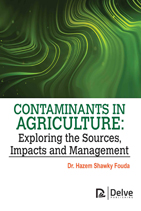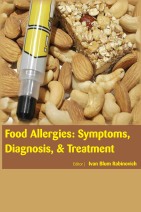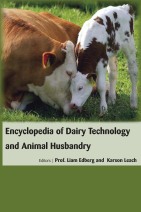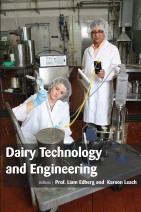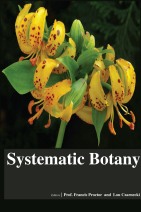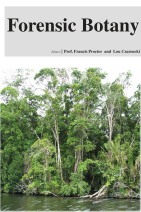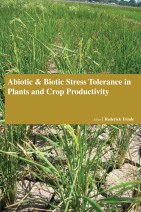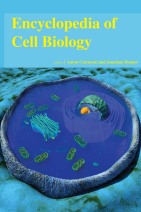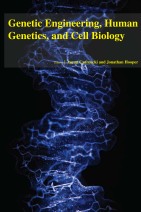Tab Article
In recent decades, there has been an increase in the demand for food production. This is attributed to the growth of the human population and the development of new farming techniques. Innovative management solutions are required to make the most out of agricultural inputs while simultaneously reducing their off-site mobility and the impacts they have on the ecosystems. The primary contributors to the contamination of local soils, sediments, and streams are activities that are associated with horticulture, agriculture, and industrial output. Examples of agricultural pollutants include organic wastes such as manure and decaying plants; runoff from irrigation systems including salts and trace metals; microorganisms; pesticides, herbicides, and insecticides; and chemical herbicides, pesticides, and insecticides. Utilizing pollution management measures that are both effective and cost-effective is one way to produce more productive agricultural outputs. Applications of fertilizer that are targeted, appropriate, and well-balanced are important if one want to increase agricultural output while at the same time limiting their influence on the environment. To advance global crop production in a way that is both efficient and kind to the environment, every effort should be made to improve the availability and utilization of secondary and micronutrients, organic fertilizers, and techniques for soil conservation. This should be done without compromising the soil's overall health or its level of productivity. Taking this action is required to increase the crop yields. As a result of this, it is of the utmost importance to find solutions to the challenging issues that crop up on a regular basis in the agricultural industry. As a direct result of the data presented up top, we are thinking of writing a book with the working title "Contaminants in Agriculture: Sources, Impacts, and Management." This book focuses on the many different outcomes that could be brought about by the existing scenario. It is our steadfast opinion that this volume will prove to be a resource that is important for anybody who is interested in agriculture or who is curious about agriculture.

